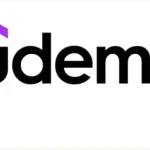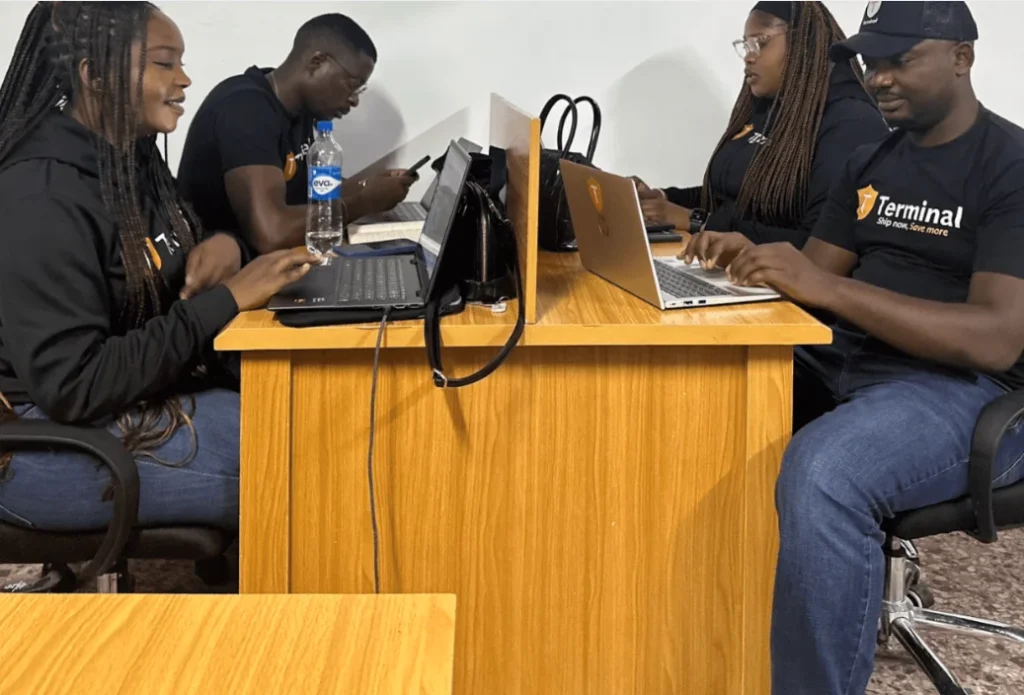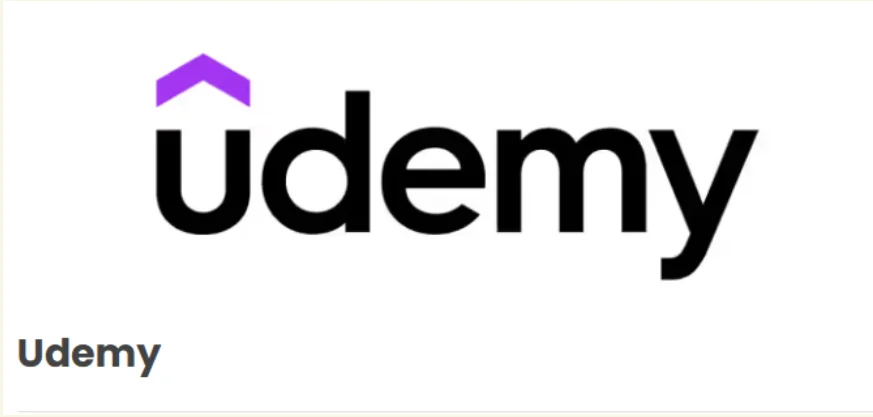Terminal Africa is a digital network redefining the Nigerian business space by providing efficient means for Africans to ship and receive products worldwide. Since its inception in 2021, business owners have leveraged its full suite of features to move their goods in a smart, secure and easy way to different regions globally.
Terminal Africa combines top-tier logistic solutions through strategic partnerships with industry-leading logistic companies such as Kwik, GIG Logistics, DHL, GoKada, and others.
2022 may go down in most people’s memories as the year of the Winter World Cup, but it was a defining year for Terminal Africa as it grew in leaps and bounds within the year. According to Nnamdi Okoh, the co-founder and CEO, the past year has seen him and the rest of the team develop exponentially personally and professionally.
Technext chatted with Nnamdi in December 2022, and he explained Terminal Africa’s journey, goals, impact since its existence and plans to scale operations across Africa in the coming years.
Terminal Africa’s journey
The Okoh brothers did not set out to venture into logistics. Nnamdi Okoh explains that they had worked with several e-commerce platforms and were looking to build a payment platform to help these businesses improve their operations.
Considering the numerous adverts of logistics platforms that consumers see in media and on the streets, it takes innovators like the Okoh brothers to realise that more solutions are required to make business operations even better for many entrepreneurs.
At the start of the year, only three people made up the Terminal Africa team, but nine (9) months later, the team has grown to almost 30 individuals who are proud of the impact they have made on Small and Medium Enterprises(SMEs) in Nigeria.
“We have grown significantly over the last few months since we launched. At the moment, we are doing a lot. When it comes to shipping, we are up there with the popular performers in the space.”
Numbers don’t lie
“We currently serve 8000 customers in Nigeria alone. Regarding parcel delivery, by the end of this year, we will have shipped over 50000 parcels worth more than three billion Naira. For context, we had not shipped up to a thousand parcels in March 2022, so this is to give you an insight into how the last 8 or 9 months have been. It has been pretty chaotic since January. However, when I hear stories from our team members and customers about how Terminal has impacted their lives and businesses, it makes it all worth it.”
Plans to expand to other African countries
As the business settles in the Nigerian business space, Nnamdi Okoh is keen to spread Terminal Africa’s impact to other African nations. Considering the impressive growth rate in Nigeria over the last few months, Terminal Africa now has experience on its side; the lessons learnt in 2022 will be an advantage as they seek to keep integrating more local and international couriers as they expand into other countries.
“Expansion is not going to be the same way that we have started here, we have learned a lot, and we have grown to a point. Over the next year, we are thinking of three markets, in particular, Kenya, Ghana and South Africa,” he explained.
Terminal Africa and empowering women
One of the core missions of Terminal Africa is to empower women-led organisations and women in the tech space. While this is a noble gesture considering the gender inequality that plagues the world, especially the tech ecosystem, the execution has not been seamless for many individuals who set out to do it.
Nnamdi Okoh explains Terminal Africa’s policies to empower women in tech and the women-led businesses that Terminal Africa serves.
“If you are a traditional business, you can have the initiative to help women but if you look at our client base, 65% are women, probably because of the sector that we are in. Most of our customers are small business owners who require shipping their products and increasing consumer growth.
If you look at our key customers who ship a lot, the percentage is probably closer to 80. By default, for Terminal to succeed, we need to make our platform work in a way that serves these women-led businesses efficiently. “
















